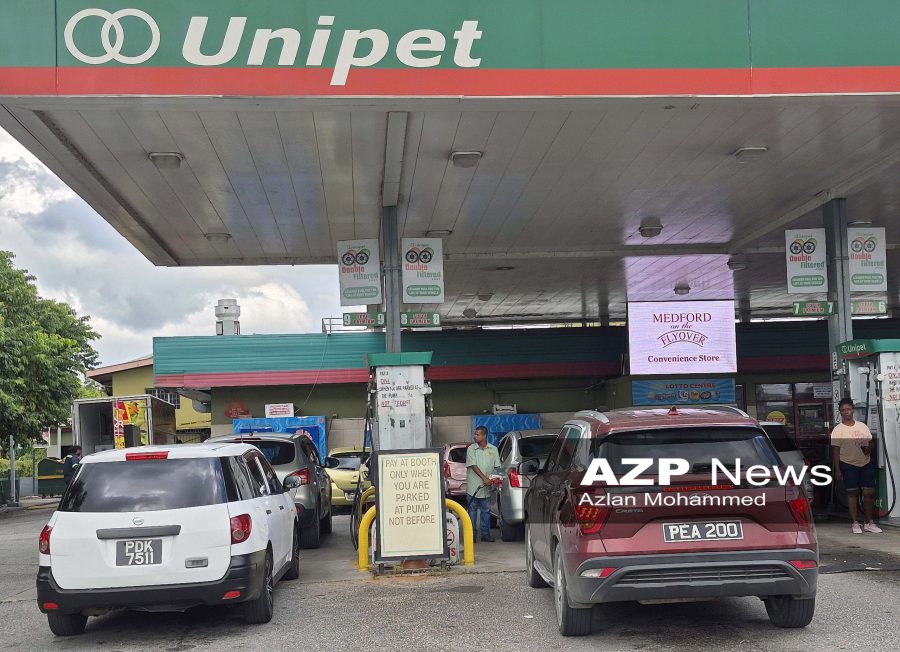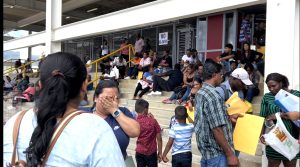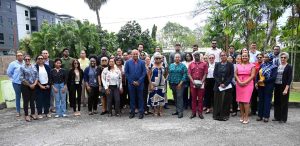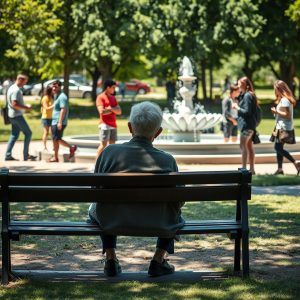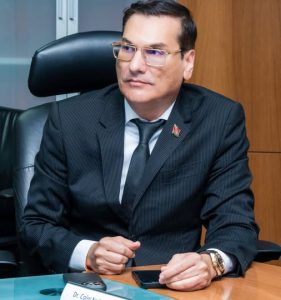By Prior Beharry
THE prevalence of reprisal killings with high-powered weapons in Trinidad and Tobago is why a State of Emergency has been declared on Monday.
This was stated by acting Attorney General Stuart Young at a press conference held at the Ministry of National Security office on Abercromby Street in Port of Spain with National Security Minister Fitzgerald Hinds on Monday.
The media briefing followed a release by the office of the Prime Minister which stated:
“Pursuant to section 8 of the Constitution of the Republic of Trinidad and Tobago, Her Excellency Christine Carla Kangaloo, ORTT, President of the Republic of Trinidad and Tobago and Commander-in-Chief, has, on the advice of Dr the Honourable Keith Rowley, Prime Minister of the Republic of Trinidad and Tobago, declared a state of public emergency being satisfied that the circumstances of section 8(2)(c) of the Constitution exist.
“The circumstances warranting the declaration of the public emergency are based on the advice of the Trinidad and Tobago Police Service to the National Security Council of heightened criminal activity which endangers the public safety.”
Young explained that the SoE was declared based on information provided to them by the Trinidad and Tobago Police Service (TTPS), adding that there were elements that could not be divulged.
However, Rowley, who is also head of the National Security Council, was absent at the press conference.
Asked about his absence, Young said it would not be “appropriate” for him to be the one to explain the details of the SoE.
“This calling of the State of Emergency was based on information regarding threats provided to us, the National Security Council, about retaliation by the criminal element, and because of the use of certain types of weapons. We are seeing brazen behaviour by these criminal elements in the use of illegal firearms, which necessitated the calling of this public state of emergency.”

He further stated that the information provided indicated “very clearly a continued level of planning and execution by the criminal element utilising these illegal firearms.”
Young noted that there had been 61 homicides in December, with approximately 623 for the year to date. He also expressed concern about the high-calibre weapons being used in murders, including the 5.56, 7.62, AR-15, and AK-47 rifles.
The Minister stated that the public state of emergency would specifically target criminals who use illegal, high-velocity firearms.

He noted that, unlike the SoEs in 1990 and 2011, this SoE would not involve a curfew or affect public meetings.
This SoE is specifically aimed at addressing the “brazen acts” of criminality, he said.
Young added that, under this SoE, the TTPS would have the authority to search premises and individuals without warrants, as well as detain people for specified periods.
He explained that the police could detain individuals for a 48-hour holding period, after which a senior magistrate could extend the detention for seven days for the gathering of further information.
There would also be the power to stop and search anyone, he stated.
Young added that the Defence Force would be on standby to assist the TTPS and would have powers under the SoE and a tribunal would be established.
Meanwhile, former National Security Minister an former Police Commissioner, Gary Griffith, says a state of emergency was not going to solve the rising crime rate in the country, stating that it is a stop-gap measure and should not be used as a crime fighting tool,
“If it is true that a state of emergency has been called because of an escalation in crime, it again shows the double standard and hypocrisy of this government because I recall when the Peoples Partnership administration called a state of emergency because of a similar concern they attacked the then government and stated a state of emergency should not be used as a crime fighting tool.”
Griffith said it was not a state of emergency that was needed to tackle crime, but the implementation of proper people, policies, technologies and units.
“And me being a previous Minister of National Security, National Security Advisor and Commissioner of Police I can again state similarly that a state of emergency is and should not be used as a crime fighting tool. It is a stop-gap measure, it is like putting a plaster on a sore. It has not going to deal with the situation,” he said.
He said it was time the government accepted that its Minister of National Security and Commissioner of Police were not competent to handle the situation.
“All you are doing now is giving them more powers to affect the constitutional rights of citizens. Yes, it would peg back criminals to prevent them from being involved but for how long? What is required is not the plaster on the sore, but putting the effective tools, people, policies technology, unit all of these things that would have been utilized in 2019 to 2021 that saw the highest reduction in violent crimes in 17 years, where public trust and confidence in the police was 59 per cent and crime was the number four concern behind health, education and the economy,” he said.
But, he said there would be stop and searches by police and army personnel.
Young said there were two reprisal killings on Saturday and Sunday that were all gang-related and the perpetrators used high-powered weapons.
In the first, a man was gunned down as he walked out of the Besson Street Police Station in the eastern part of the capital city of Port of Spain. And on Sunday night six people were shot at in another crime hotspot of Laventille and five of them were killed.
Hinds said that as of December 26, 2024, there were 551 shooting incidents resulting in 614 people being killed. He said for the year thus far the country has witnessed 33 double, eight triple, four quadruple and one quintuple murder.
He said there were 616 shooting incidents with 713 victims.
Hinds said the murder rate was an epidemic and a public health concern.
Trinidad and Tobago has a population of 1.4 million.
In April last year the Caribbean Community (CARICOM) held a symposium on crime and one of the recommendations was to engage the Government of the United States about gun manufacturers there that were illegally entering Caribbean countries and fueling gun violence and gangs.
Former National Security Minister, a retired Police Commissioner, Gary Griffith, says a state of emergency was not going to solve the rising crime rate in the country, stating that it is a stop-gap measure and should not be used as a crime-fighting tool.

“If it is true that a state of emergency has been called because of an escalation in crime, it again shows the double standard and hypocrisy of this government because I recall when the Peoples Partnership administration called a state of emergency because of a similar concern they attacked the then government and stated a state of emergency should not be used as a crime-fighting tool.”
Griffith said it was not a state of emergency that was needed to tackle crime, but the implementation of proper people, policies, technologies and units.
“And me being a previous Minister of National Security, National Security Advisor and Commissioner of Police I can again state similar that a state of emergency is and should not be used as a crime fighting tool. It is a stop gap measure, it is like putting a plaster on a sore. It has not going to deal with the situation,” he said. (Information from CMC was also used to compile this article).
![]()


